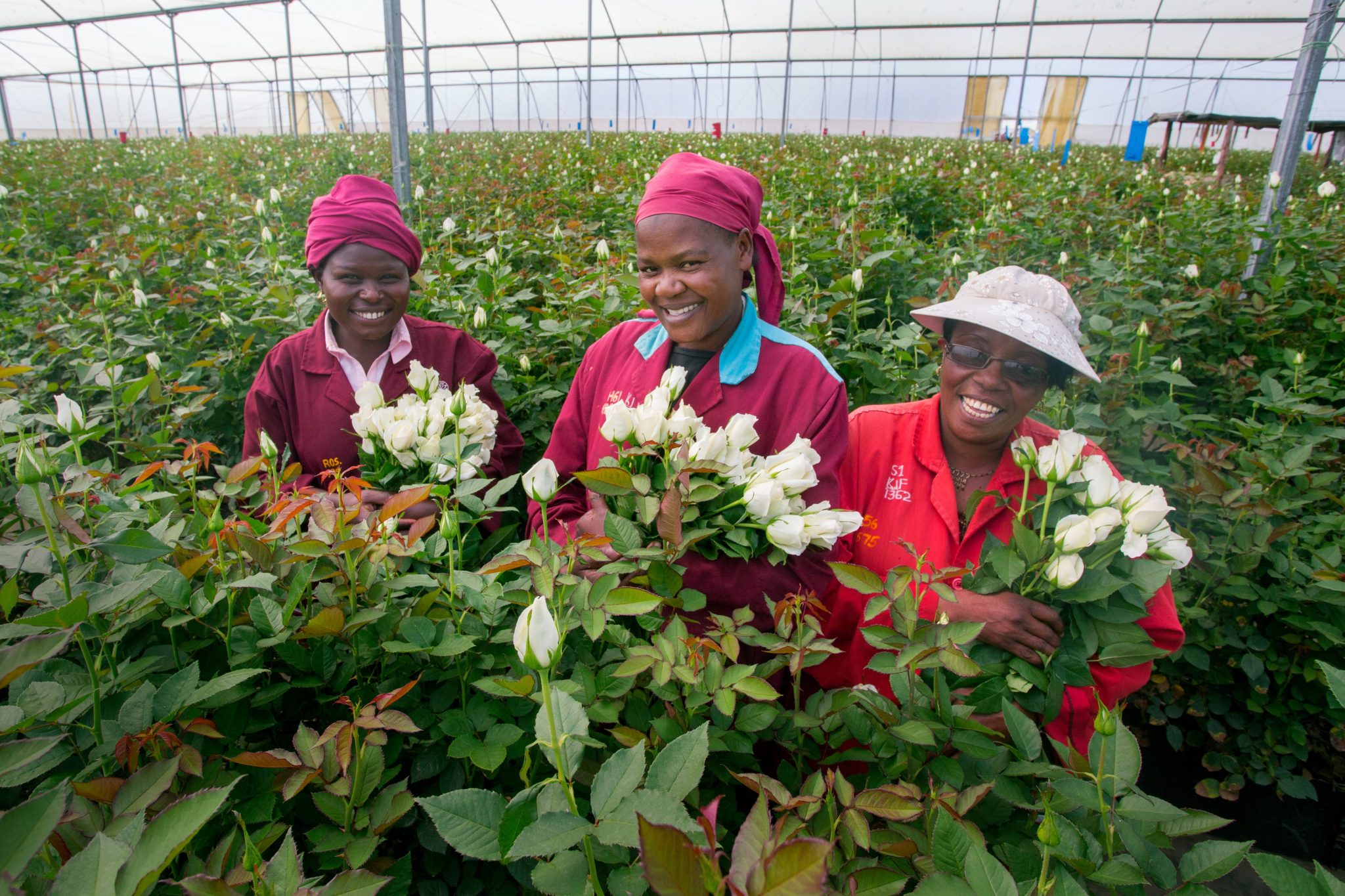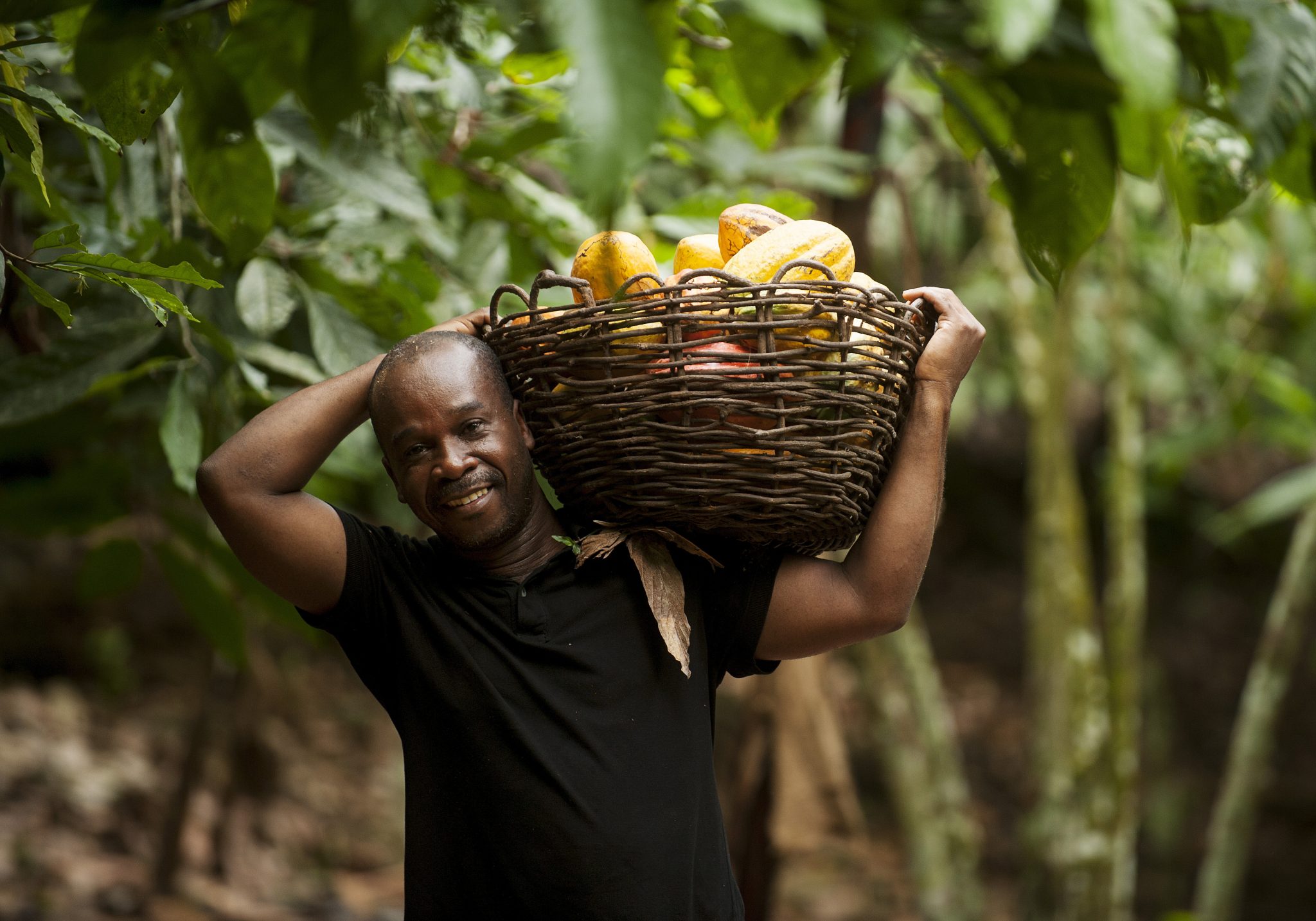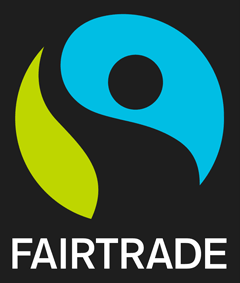Last year the Co-op Group made a pledge: all the cocoa used in its own-brand products would be Fairtrade. The announcement affected over 200 items which used cocoa as an ingredient, from its chocolate chip cookies to certain cooking sauces – and even its battered frozen fish.
The move meant a five-fold rise in the amount of Fairtrade cocoa sourced annually by the retailer, from 526 tonnes to 2,848 tonnes, which generated an additional £400,000 for cocoa farming communities.
Now the Group is takings things a step further. Ahead of Fairtrade Fortnight (26 February – 11 March), it has announced an extension of its unique ingredients policy to cover all the bananas, tea and coffee used across its entire own-brand product range.
It also recently became the first in the world to adopt the new Fairtrade Sourced Ingredient program on flowers; all the African roses the Co-op Group sources for use across its entire flower range are Fairtrade. And to celebrate the move, the Group is making a donation of £30k, generated by the overall sales of Fairtrade roses in February and March 2018, to the community hospital in Naivisha, Kenya, which will help struggling graduate nurses to find employment, offer training around increased patient care and deliver improvement in the hospital’s maternity service.

Fairtrade on the up
In 2017, the Co-op’s Fairtrade sales grew by almost 14% – more than double that of the market. Brad Hill, Fairtrade strategy manager at the Co-op, believes this is a result of both the retailer’s commitment to the initiative and the way it tells the stories of the people behind the Fairtrade Mark.
“As producers continue to tell us that Fairtrade is the most effective certification for them in a mainstream market, and is the only certification to empower those producers and pay a minimum price and Premium, we need to do what we can to really show customers the benefits to communities of them by making the Fairtrade choice,” says Mr Hill.
“The Co-op difference is about us getting closer to what we care about – and for us, that’s our communities, whether local or overseas, giving back to our members and customers and getting closer to helping tackle issues that care to our shoppers.”
The Group’s recent Fairtrade Shopper Report highlights its top-selling Fairtrade products as bananas, chocolate, teabags, wine, roses, sugar and coffee, with consumers most likely to look for a Fairtrade logo on coffee, chocolate and bananas. According to research by the retailer, the average Fairtrade consumer has been buying Fairtrade products for five years, though 6.5% say they only started buying them in the last year while 8% say they have been purchasing products for 10 years or more.
Fairtrade firsts
In the UK, the Co-op Group has achieved a number of Fairtrade firsts. In 1998 it was the first supermarket to start selling Fairtrade products in every store. It also led the way in stocking Fairtrade coffee 15 years ago, and the first to stock tea 10 years ago.
It sold the UK’s first Fairtrade-labelled chocolate bar in 1994 and switched its entire own-brand chocolate bar range to Fairtrade in 2002. In 2016 it was the was ahead of other retailers in selling own-brand Fairtrade Easter eggs.
It sold the first Fairtrade bananas (and converted all bananas to Fairtrade in 2012) – and is also the largest seller of Fairtrade wine in the world.

Scheme confusion
Fairtrade has trail-blazed the concept of ethical purchasing ever since the Fairtrade Mark launched in 1994 – and the scheme has now become mainstream. Three out of four (72%) of shoppers in the Group’s survey said they completely or mostly understand what Fairtrade means.
Two thirds say they buy Fairtrade only ‘sometimes’ or ‘not often’, but 33% would switch to Fairtrade if they understood more about the benefits of making such purchases. And this is where one of the problems lies. Over recent years, the number of alternative ethical schemes has risen, from the Rainforest Alliance to in-house labels such as Mondelēz’s Cocoa Life, and Sainsbury’s Fairly Traded scheme, which have added to customer confusion.
Related: Co-ops react to Cadbury’s Fairtrade logo swap
“We know the more fairly traded certifications that are introduced, the more confusion this is causing for consumers. And we know that this is hindering the market development of Fairtrade,” says Brad Hill.
The Co-op’s report reveals that 86% of consumers are concerned, to some degree, to hear that some brands and retailers are moving away from Fairtrade, rising to nine out of 10 among the under 35s.
“There are noticeable concerns around the introduction of other ethical schemes, claiming varying, untested benefits,” the report says.
 “Consumers could easily confuse these schemes with Fairtrade, and mistake other programmes for offering the same level of impact, and the independent assurance.”
“Consumers could easily confuse these schemes with Fairtrade, and mistake other programmes for offering the same level of impact, and the independent assurance.”
According to Mr Hill, Fairtrade is the certification of choice for producers. “Producers continue to tell us that Fairtrade is the most effective certification for them in a mainstream market,” he says, “and is the only certification to empower those producers and pay a minimum price and Premium. We need to do what we can to really show customers the benefits to communities of them by making the Fairtrade choice.